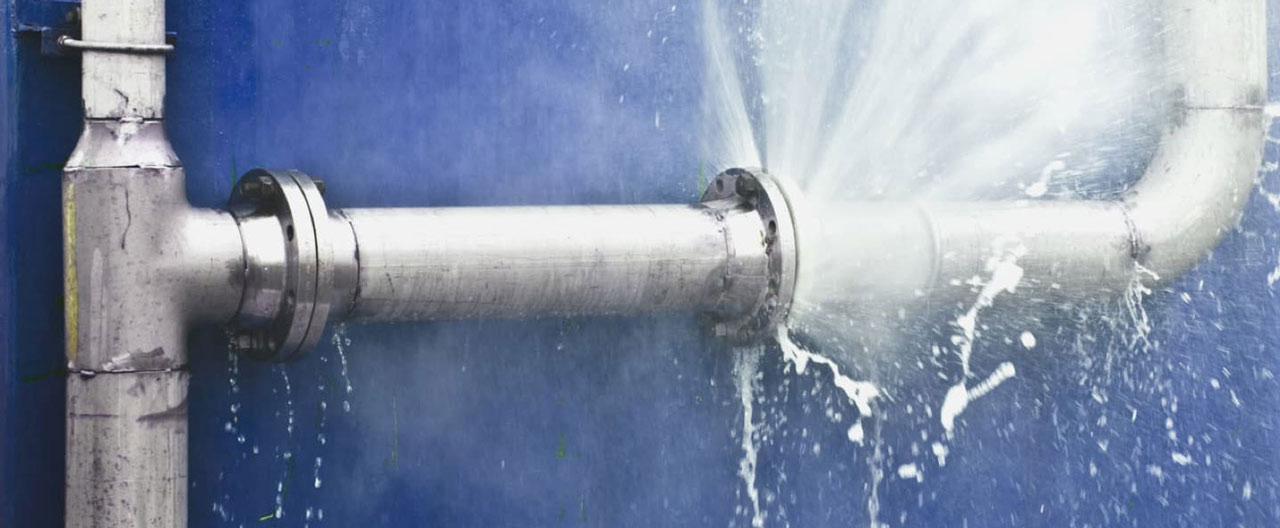- Individuals & Families
- Businesses
- Agents & Brokers
- Embedded Insurance

Chubb ranked #1 for Customer Satisfaction with the Home Insurance Claims Experience

Chubb ranked #1 for Customer Satisfaction with the Home Insurance Claims Experience

Chubb ranked #1 for Customer Satisfaction with the Home Insurance Claims Experience

Chubb ranked #1 for Customer Satisfaction with the Home Insurance Claims Experience

Because pets are family, Chubb now offers pet insurance with top-rated coverage from Healthy Paws.

Chubb offers the insurance protection you need for travel’s many “what ifs”.

Chubb protects small businesses at every stage – from newly formed start-ups to long-time anchors of the community.

Stay ahead of cyber threats with our free Cyber Claims Landscape Report.

Learn more about our dedicated learning paths, Online Learning Center, and more.

Many digital-savvy consumers look for it as a core or add-on option.

Many digital-savvy consumers look for it as a core or add-on option.

Many digital-savvy consumers look for it as a core or add-on option.

Chubb’s in-house technology makes it easy to integrate what we do into your customer experience.
-
About
-
Claims
-
Login & Pay Bill
For Agents & BrokersFor Travel Advisors
-
Back
Have you taken the steps needed to keep pipes in your home from freezing in cold winter weather? When pipes freeze, the extra pressure within the pipes can cause them to burst, leading to water damage in the home. Here are a few simple ways you can keep your pipes warm and your home dry, even in the coldest of winters.
1. Keep thermostats in outbuildings and second homes at 65 degrees.
If you have a guest or pool house, or have a home with multiple heating zones, make sure to keep them all at a minimum of 65 degrees, to prevent frozen pipes in the winter months. For buildings that you won’t use at all in the winter, you can turn off the main water supply and drain the pipes instead.
2. Add insulation to outside walls that contain pipes.
Exterior walls can get much colder than inside walls. If you have plumbing in outside walls, you may want to add an extra layer of insulation to ensure that your pipes are protected. If you see moisture or mold on the interior wall surface, surface cracks or nail pops, or your walls feel cool to the touch, consider reinsulating or using spray foam to add protection.
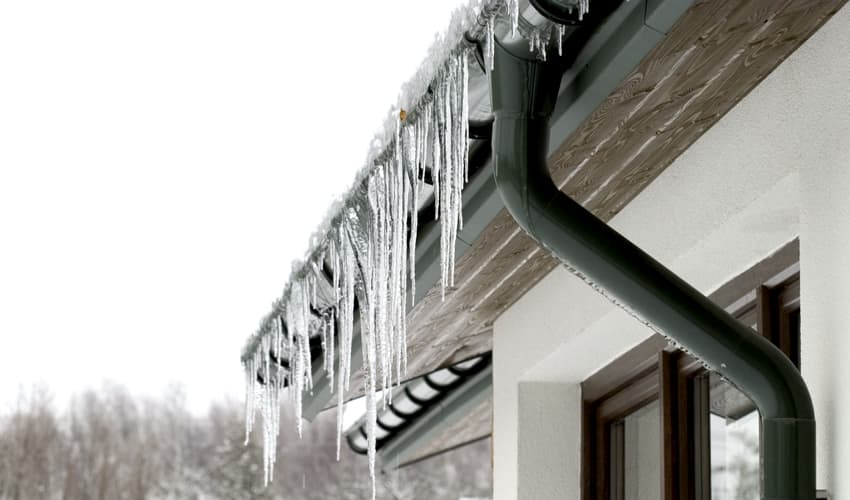
3. Use snap-on insulation for pipes in unheated areas.
If you have plumbing that is routed through unheated areas like attics, crawl spaces, and garages, consider adding snap-on insulation to the pipes to prevent freezing. You can also use heated plumbing tape/cable that automatically turns on when temperatures approach freezing.
4. Install smart technology.
To further ensure that your home stays dry and water-damage-free, you can install the following:
- Low temperature sensors that send alerts to your monitored alarm system if temperatures approach freezing
- “Smart home” thermostats that you can monitor and control remotely
- Permanent back-up generators that automatically power your heating system when you lose power
- Water leak detection systems that automatically shut off your water if a leak occurs
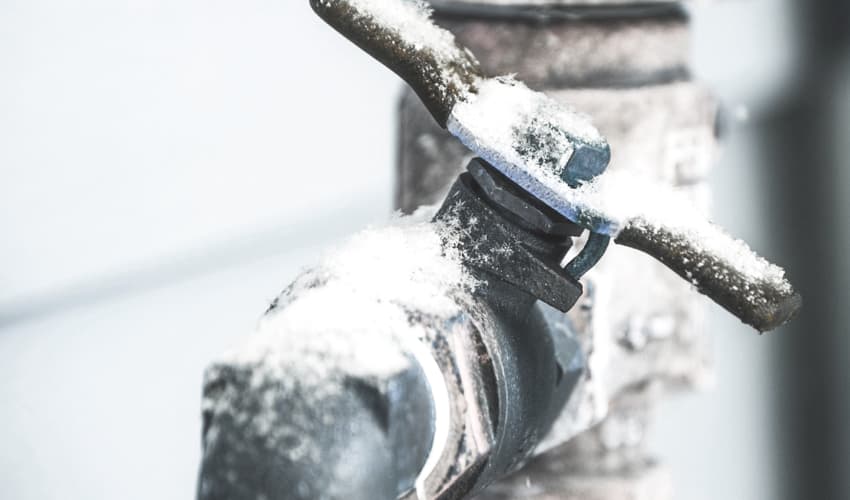
5. Disconnect hoses and protect outside spigots.
When water freezes in a hose that is attached to an outside spigot, it increases the pressure in the home’s pipes, which can then expand and burst inside the home. To prevent this, drain and disconnect all hoses, and turn off the water to outside spigots during the winter, especially if you don’t have frost-proof spigots. You may want to cap those spigots with faucet insulators too.
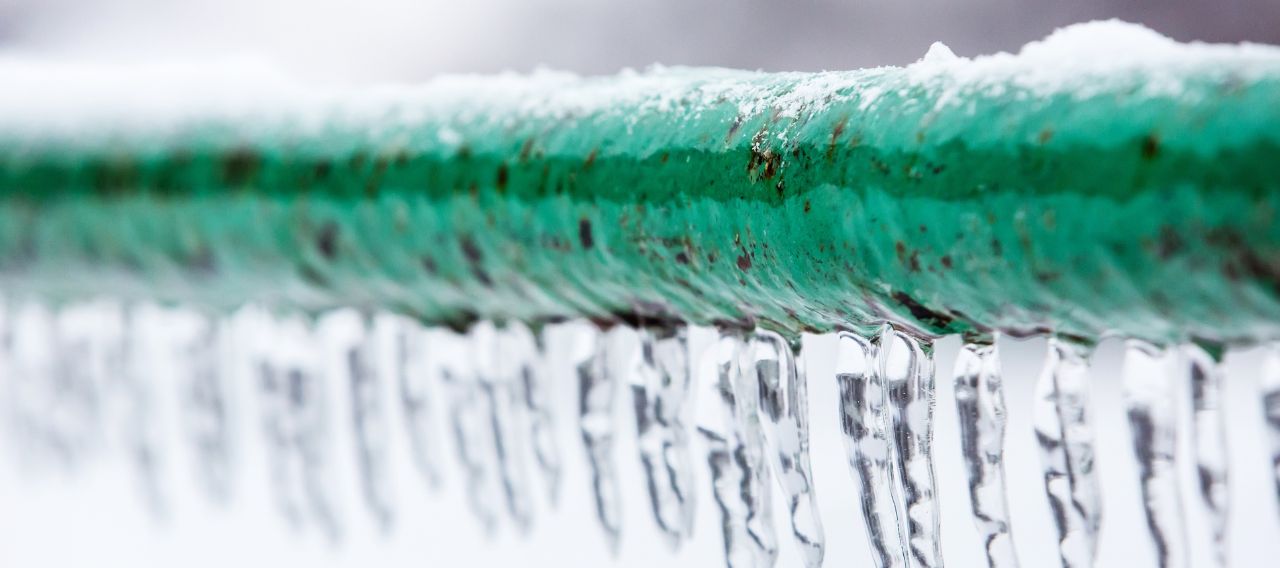

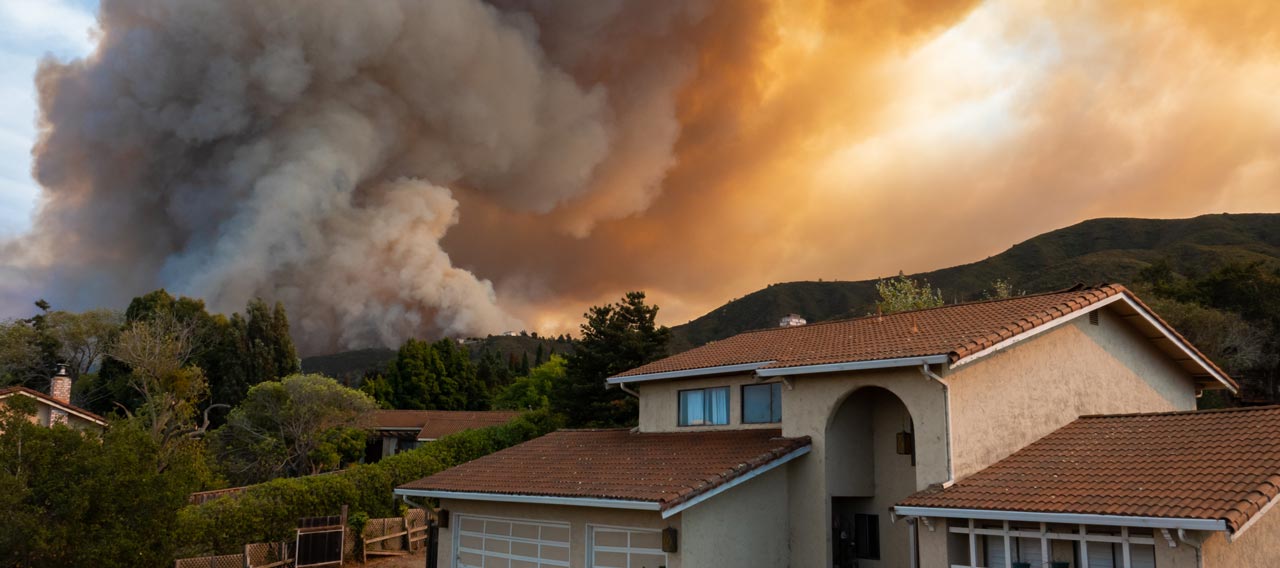
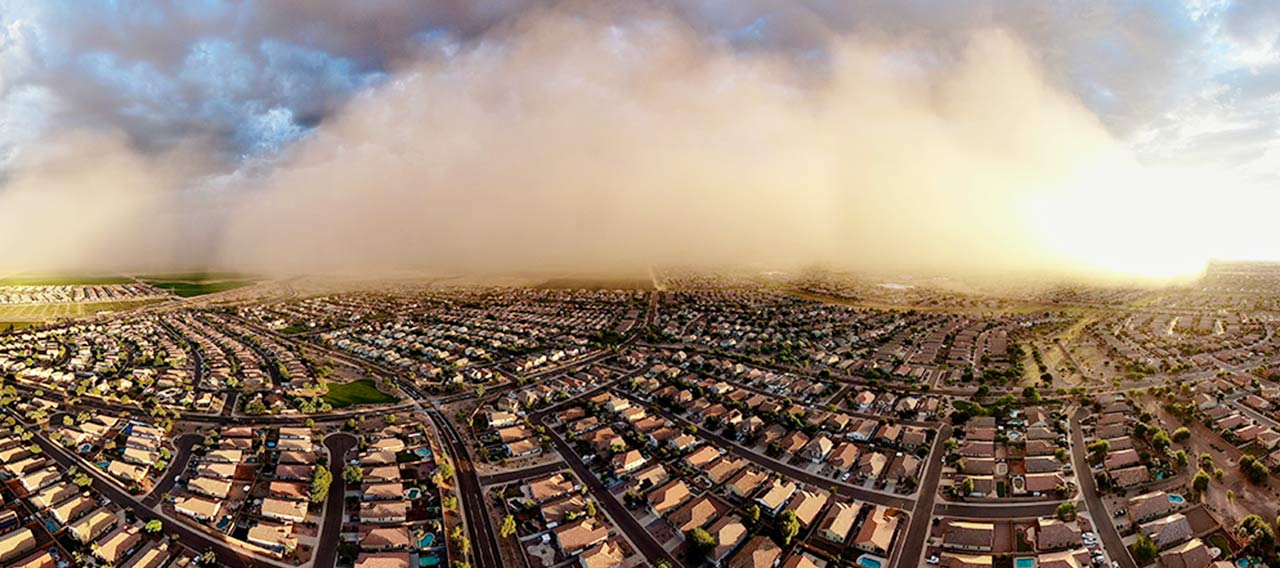
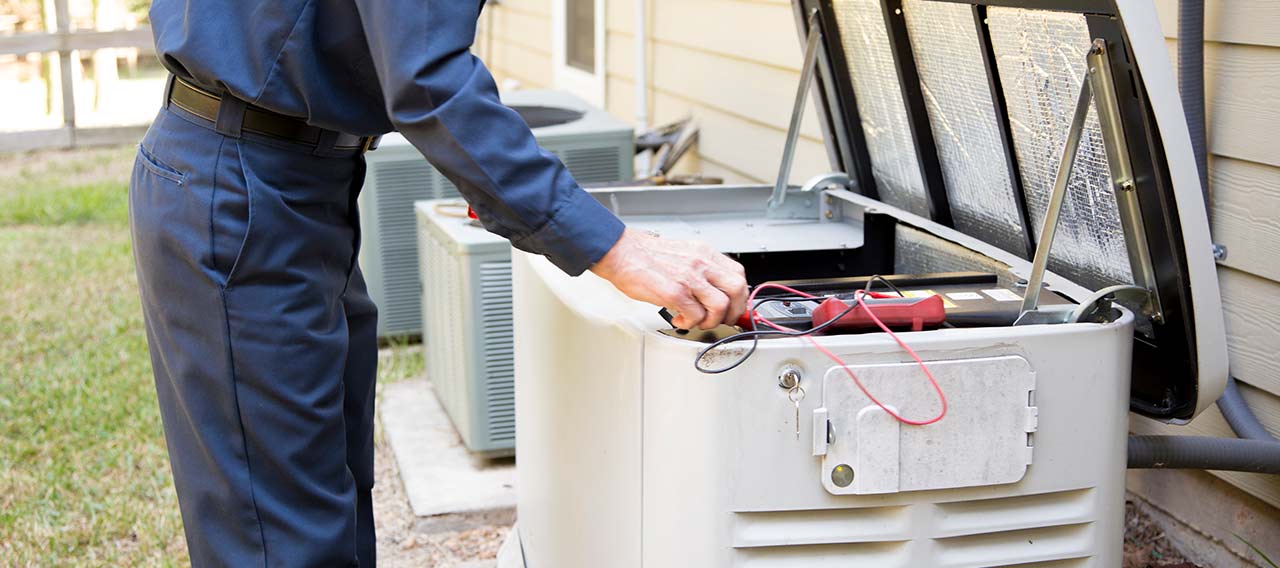
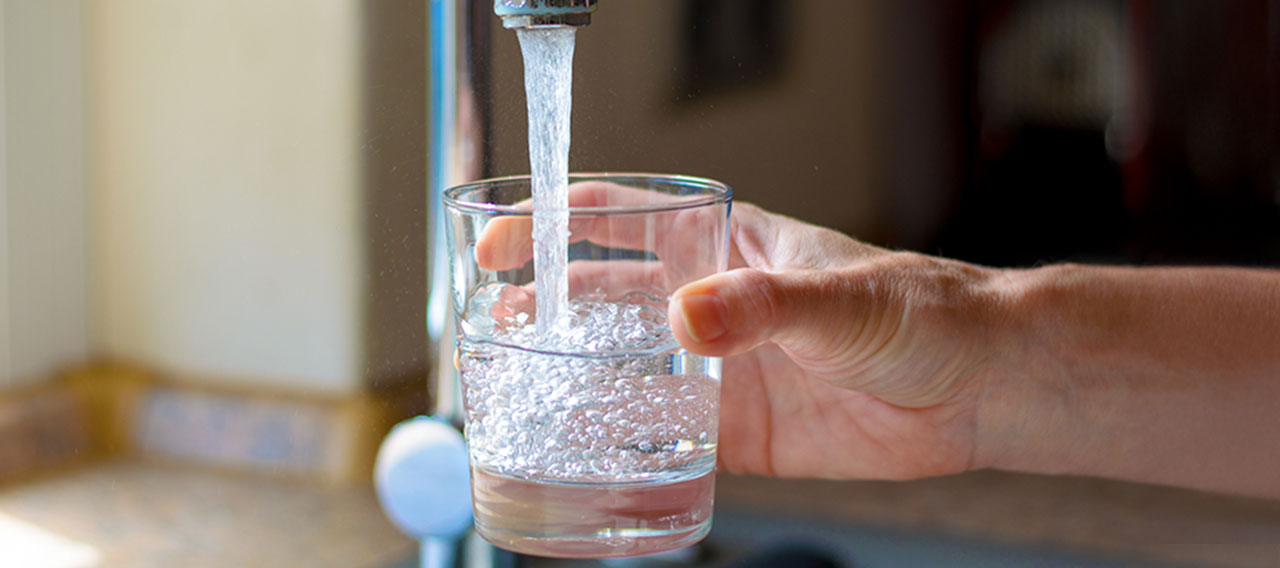


Get a personal insurance quote
Work with an independent agent to get personalized insurance solutions.
This document is advisory in nature and is offered as a resource to be used together with your professional insurance advisors in maintaining a loss prevention program. It is an overview only, and is not intended as a substitute for consultation with your insurance broker, or for legal, engineering or other professional advice.
Chubb is the marketing name used to refer to subsidiaries of Chubb Limited providing insurance and related services. For a list of these subsidiaries, please visit our website at www.chubb.com. Insurance provided by ACE American Insurance Company and its U.S. based Chubb underwriting company affiliates. All products may not be available in all states. This communication contains product summaries only. Coverage is subject to the language of the policies as actually issued. Surplus lines insurance sold only through licensed surplus lines producers. Chubb, 202 Hall's Mill Road, Whitehouse Station, NJ 08889-1600.


